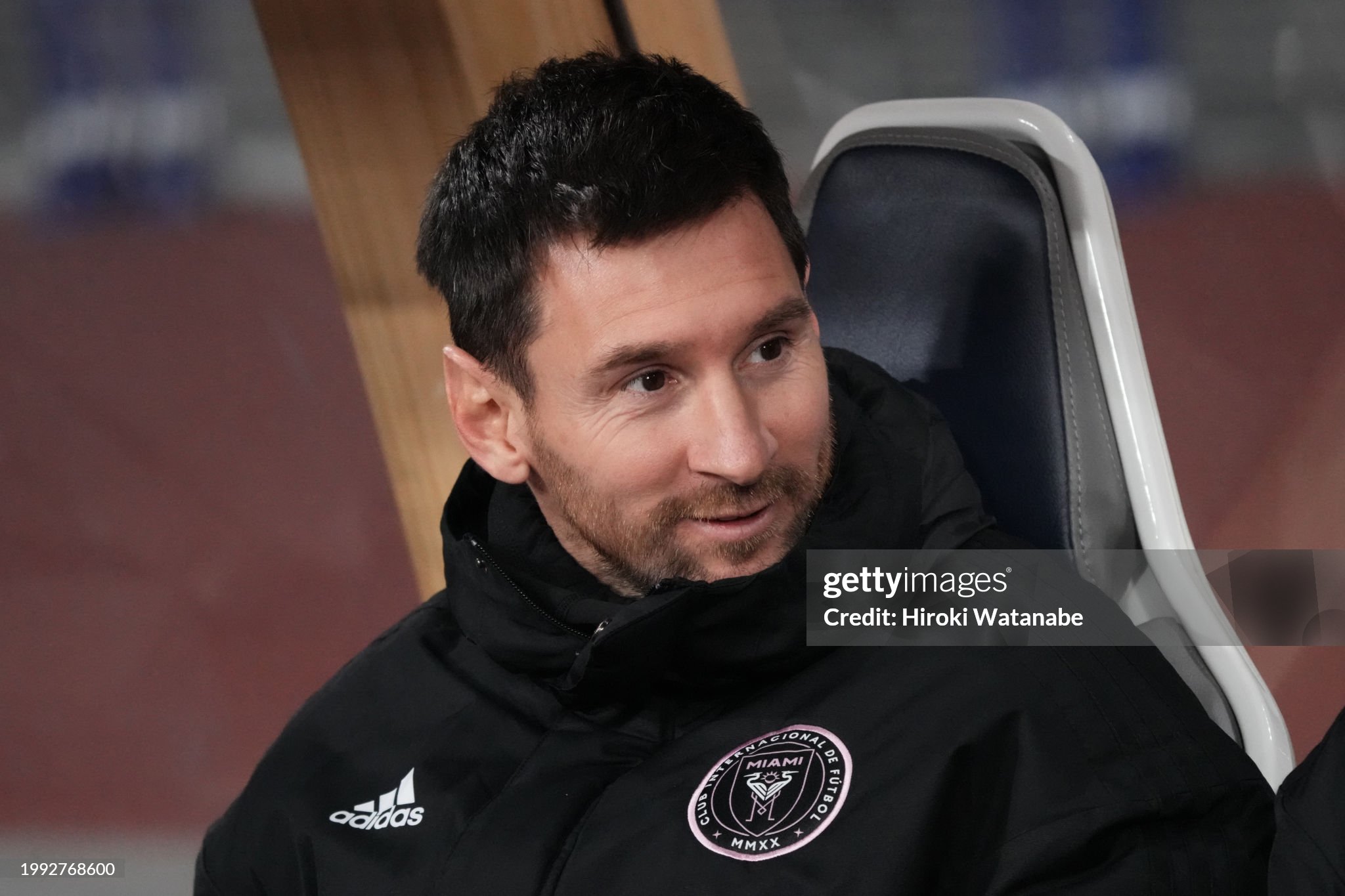Tatler Asia, the organizer behind the exhibition match featuring Inter Miami against a select team of stars from the Hong Kong league, found itself at the center of controversy following the match's conclusion with a 4-1 victory for Inter Miami.
The crux of the disappointment stemmed from Lionel Messi, one of football's most illustrious figures, remaining on the bench throughout the match due to a muscle injury, contrary to the anticipation of his participation that had been a significant draw for the event. Luis Suárez, another high-profile player, also did not partake in the match, further fueling the fans' discontent. The frustration of the approximately 40,000 fans present escalated into a vocal expression of dissatisfaction, with calls for refunds echoing around the stadium.
In a move to address the fans' grievances, Tatler Asia announced a 50% refund on the ticket prices, a gesture aimed at appeasing the disappointed spectators. This refund applies exclusively to tickets bought via official channels, with the original ticket prices hovering around 70 euros. This decision, while partial, reflects the organizer's acknowledgment of the event not meeting the expectations set by the promotion of Messi's participation.
The situation was further complicated by the company's claim that attempts were made to have Messi address the crowd directly to explain his inability to play, a step that was ultimately not taken. This, coupled with Messi and Suárez's participation in a match in Japan on February 7, added to the fans' sense of grievance, perceiving it as an additional slight.
The Hong Kong government labeled Tatler Asia's decision for refunds as a "positive and responsible" action amidst the fallout, which saw public criticism not just aimed at Messi and Suárez but also at Inter Miami for what was perceived as misleading the public regarding the players' involvement in the match.
This incident occurred in a broader context of Messi's recent activities, where he played approximately 30 minutes in Inter Miami's victory against Japan's Vissel Kobe on penalties, just three days after the Hong Kong match he missed. Suárez, on the other hand, featured for 75 minutes in the same game.
The unfolding of these events highlights the complex expectations and disappointments that can arise in international exhibition matches, especially when involving players of Messi and Suárez's caliber. It also underscores the logistical and communicative challenges event organizers face in managing public expectations, player health, and the unpredictable nature of sports events.


